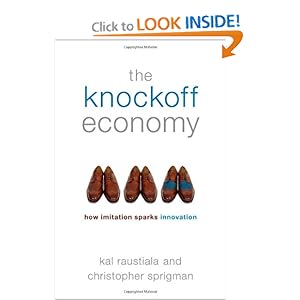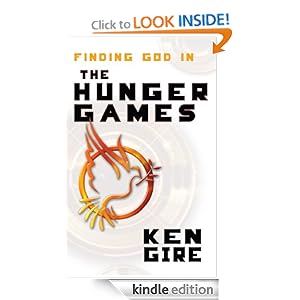Summary: An important look at the historical development of the Doctrine of the Trinity and how modern language drift has changed the historical definitions.
I have been looking forward to reading the Quest for the Trinity ever since I first heard about it in the middle of last year. Consistently it has been well reviewed and it certainly deserves the accolades. Holmes know his historical theology, he is very well read and no other book on the trinity I have read so far has been as well documented.
But I intentionally was holding off on reading this because just by reading the description and I knew he was reacting against the modern theological work around the trinity. And it was the more recent (primarily social focused) theology of the Trinity that drew me toward investigating the trinity more.
The basic thesis is that the modern focus is fundamentally different from the Patristic understanding of the Trinity. This is not actually all that hard to capture. One of the things I most liked about Dunzl’s Doctrine of the Trinity is that he clearly showed that doctrinal development is at least partially dependent on language and culture of the time. You cannot move beyond the current ability to describe the theology you are trying to document into a doctrine.









